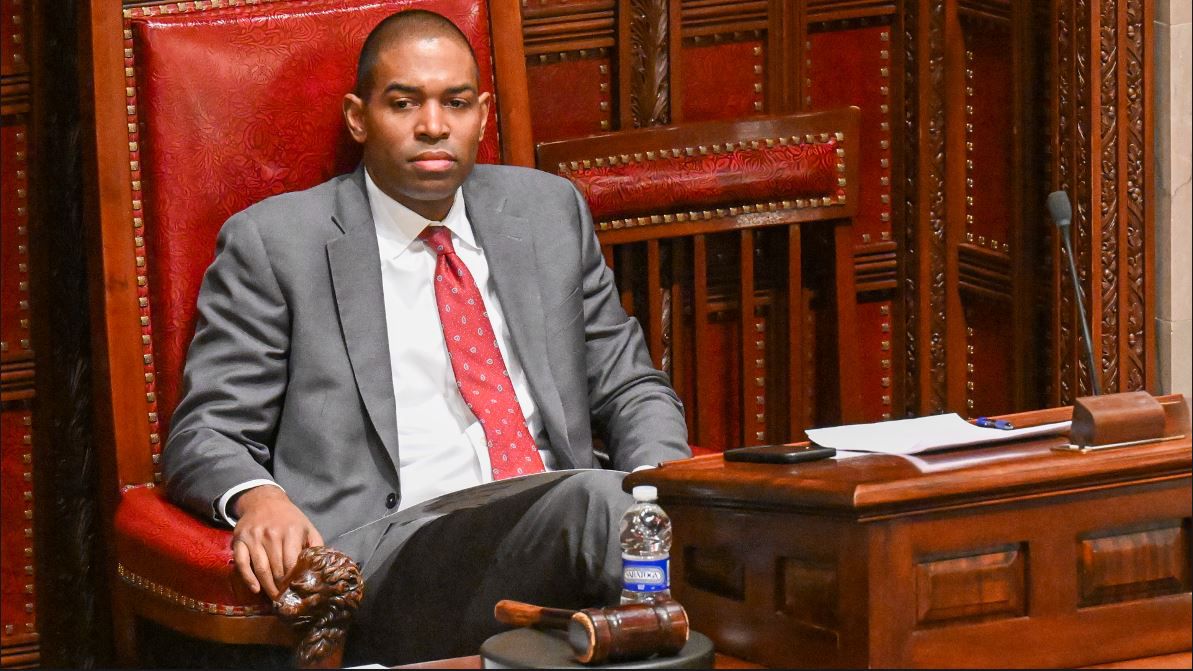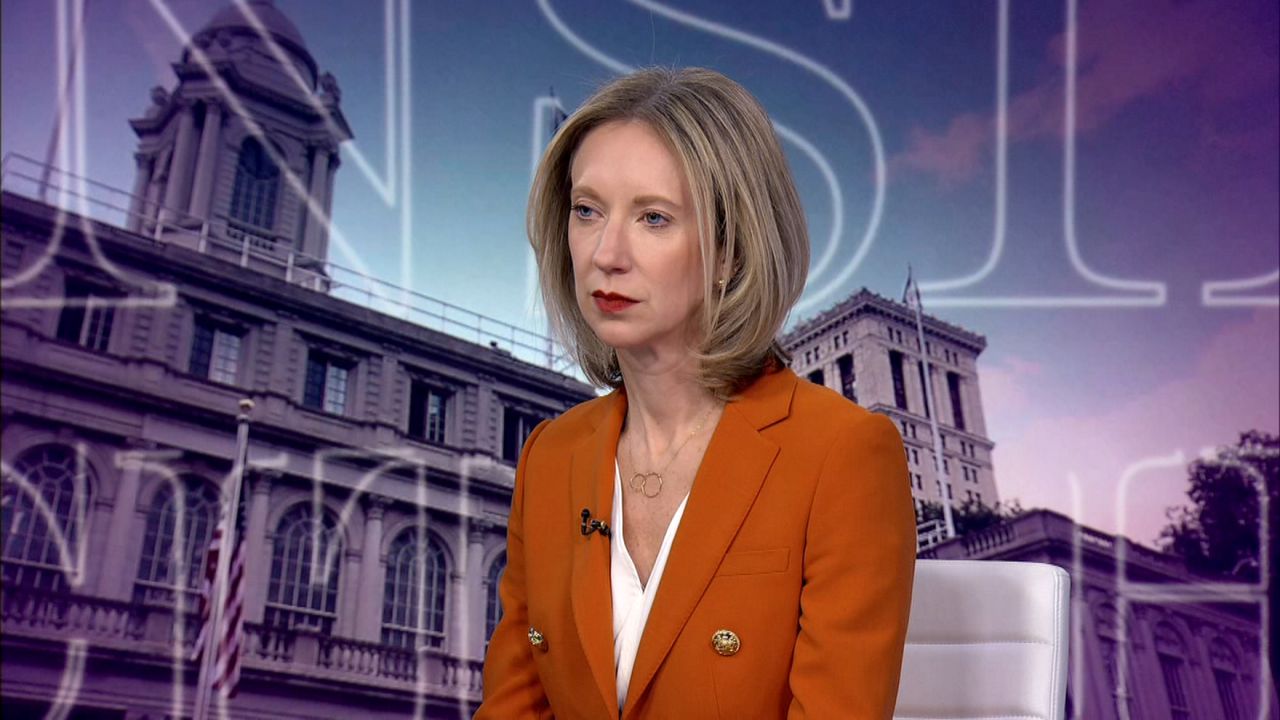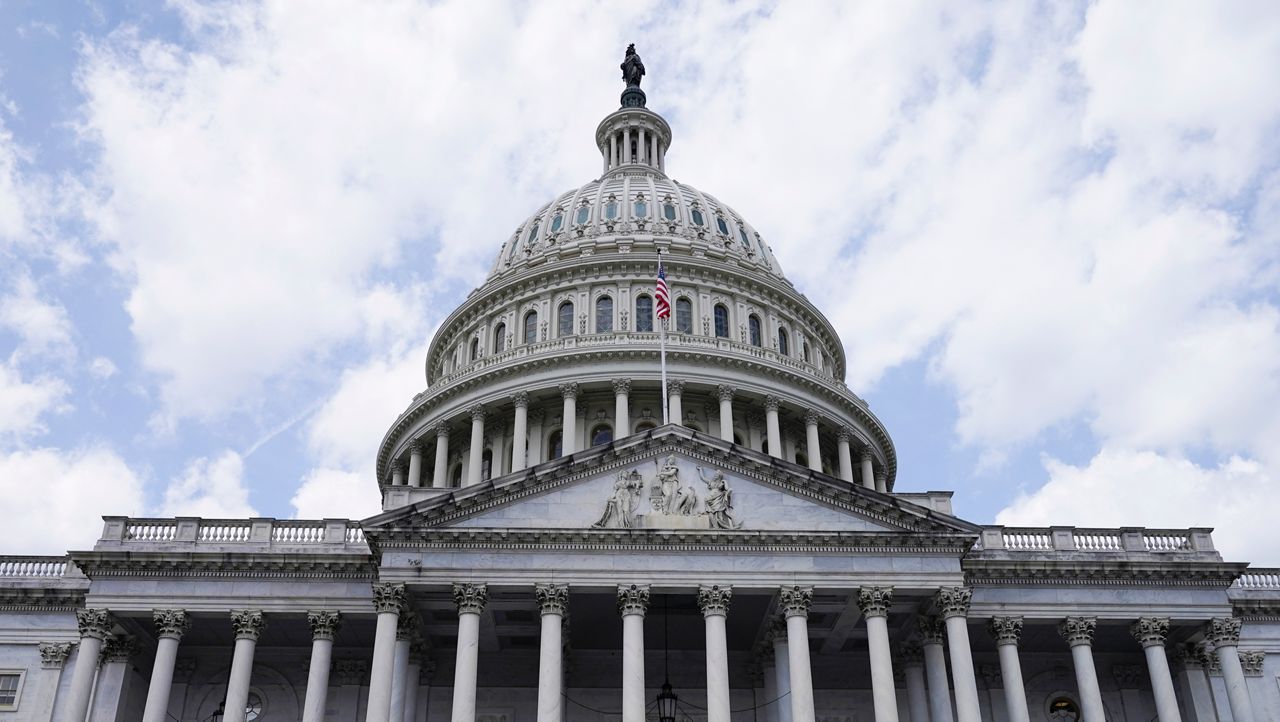New York lawmakers said Wednesday they expect to pass legislation at the end of the week to limit single-use plastic packaging in the state after a bill printing error forced the measure to be amended for the second night in a row, and despite continued pushback from state business leaders.
Despite the unexpected procedural error, senior staff of legislative leaders have negotiated the Packaging and Recycling Infrastructure Act for days to reach a two-way agreement without the Executive Chamber. It was first updated late Monday and would mandate companies with a net income over $5 million reduce their plastic packaging products by 30% in 12 years. It would also prohibit 17 several toxic chemicals commonly in food packaging.
"We're finding microplastics in people's bodies," Assembly sponsor Deborah Glick told Spectrum News 1. "We don't know what the long-term health costs are going to be, so this is a common-sense, staged, stepped program to reduce packaging, share the cost, save our municipalities' and taxpayers' dollars and at the same time, ensure that businesses are keeping up with the demands of the market place."
It signed into law, the measure will create an Extended Producer Responsibility system in the state and require producers of packaging cover the costs of consumer waste and reduce used toxins. The system would charge companies that continue to use the single-use products a fee as the materials threaten to overrun landfills and are known to be harmful to human health.
Money collected from companies would go into a fund to improve recycling infrastructure, increase the amount of waste that's recycled and support other local recyling programs. Lawmakers argue the system will shift the onus of managing plastic waste away from localities to the companies responsible.
"This is a really good bill," Senate sponsor Pete Harckham said. "It's strong environmentally, it will reduce packaing waste by 30% over the next 12 years, which will be historic and it's actionable for the businesses that have to implement this."
Lawmakers are expected to debate and vote on the bill late Thursday or Friday as the most controversial debates commonly come to the floor at the very end.
Session is scheduled to end Thursday, but both chambers are expected to go into overtime with the Senate slated to finish early Friday morning followed by the Assembly on Friday afternoon. Assemblymembers have debated bills until nearly midnight each night this week to ensure they leave town before the weekend.
Harckham, who chairs the Senate Environmental Conservation Committee, said the legislation was amended to allow companies that have difficulty meeting the reduction targets have flexibility to decide which products to reduce plastic waste — removing the state Department of Environmental Conservation from the process.
But state business leaders are furious over the change, and argue new guardrails would be impossible for businesses to satisfy as the proposal differs from EPR programs in other U.S. states.
"This goes well beyond what those other five states do with regard to source reduction mandates, recycling contents," said Ken Pokalsky, the Business Council of New York State's vice president of government affairs. "No other state includes broad chemical and material bans in their packaging EPR legislation, so this is very different than what other states have done so far."
Pokalsky said state business leaders do not oppose an EPR program, but the current bill will reduce product choice and increase costs for consumers. Packaging producers also warn it could pose product safety risks.
"Cost of living factors are a very high concern among New Yorkers," Pokalsky said. "This goes
But Glick, who chairs the Assembly Environmental Conservation Committee, countered that consumers have had to foot the bill for businesses' excessive packaging and will pay for exposure to toxic microplastics.
"New York estimates it will save $150 million on waste disposal every year once this is fully enacted," Glick said.
The state Association of Counties also backs the bill.
"This landmark legislation represents a pivotal step towards reducing the environmental footprint of packaging and alleviating the financial burden on local governments and taxpayers," NYSAC Executive Director Stephen Acquario said Wednesday. "By engaging manufacturers in the end-of-life management of their packaging, we will not only see substantial increases in recycling rates and reductions in contamination but also significant taxpayer savings and the creation of green jobs. Additionally, the legislation aligns with state and local climate goals by promoting safer, more sustainable packaging designs and reducing greenhouse gas emissions."
But other critics are concerned about the state contracting with a third-party producer responsibility company to implement and oversee the program's spending.
"This is talking about giving a billion dollars per year to this organization outside government that's going to decide who pays what [and] where the money goes," said Ken Girardin, research director Empire Center for Public Policy, a right-leaning think tank. "It's a recipe for trouble."
Glick said she's confident Gov. Hochul won't veto the bill, and will work with her staff on chapter amendments, if needed, but added they shouldn't be necessary after the compromise lawmakers reached.
"I think that the governor knows that we're running out of landfill space," the assemblywoman said. "...It will be a reasonable negotiation if there are any chapter amendments needed and I'm not convinced that they will need chapter amendments after what we have done."
State Democrats are keen on passing the big-ticket environmental policy after the $237 billion state budget included little new spending to target the state's emission reduction goals under the 2019 Climate Act.
Hochul has said she's committed to the state's climate reduction goals, but is often partial to state business leaders and heavily considers their opinion when deciding to sign or veto legislation.
The governor on Wednesday also delayed the implementation of congestion pricing in New York City over concerns about high costs for everyday New Yorkers. It's unclear if her concerns about affordability impacting the November elections could also dissuade her from signing the EPR bill into law.
Packaging that holds pesticides, hazardous or flammable products or infant formula; recyclable beverage containers and products regulated by federal law as a drug, vaccine, medical device, dietary supplement and others are exempt from the program.








